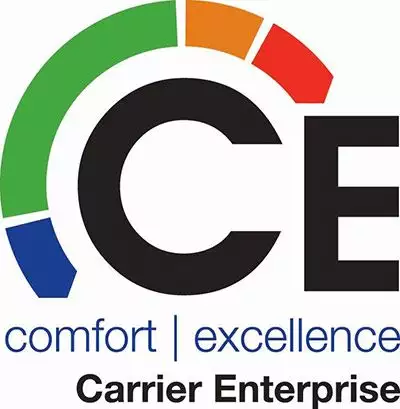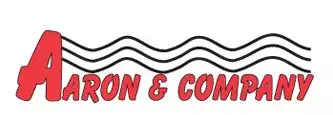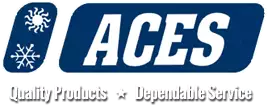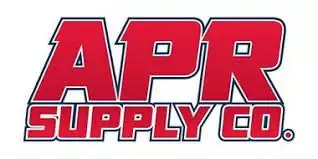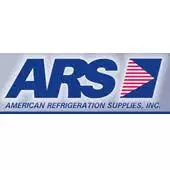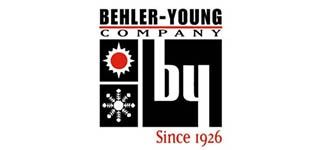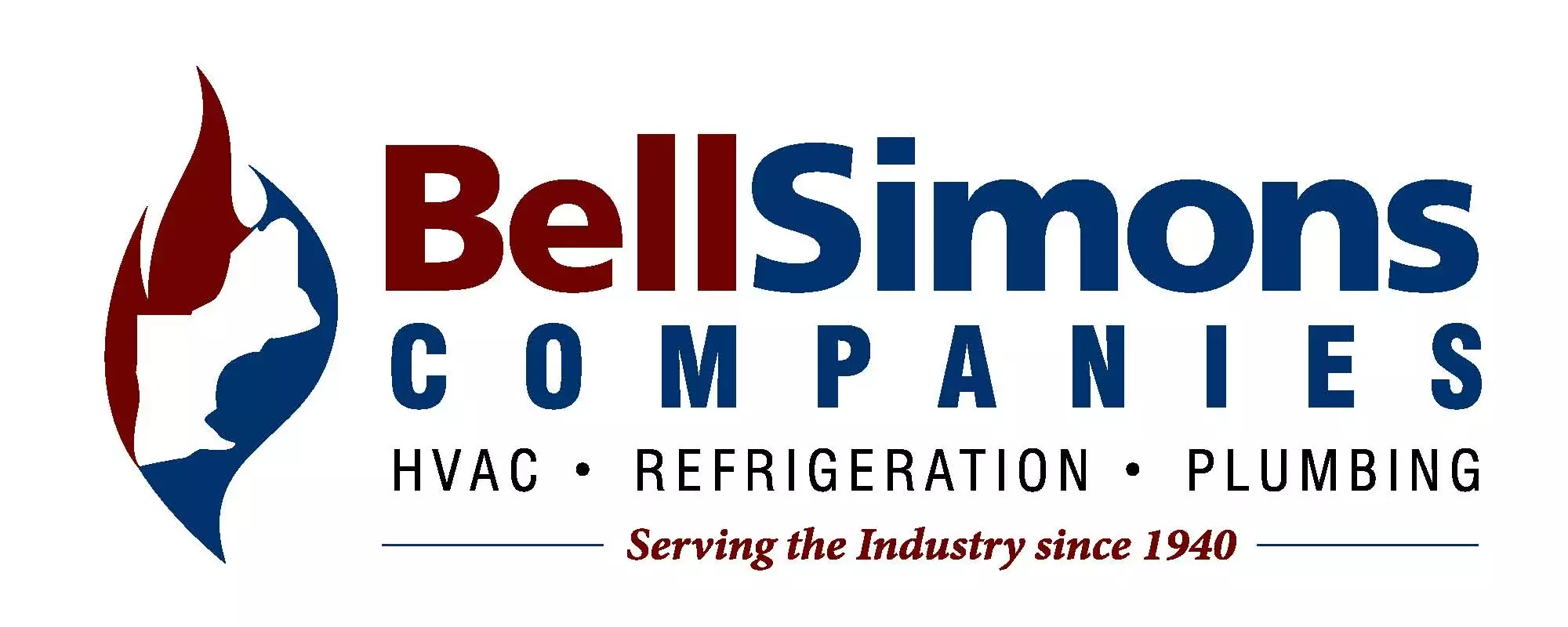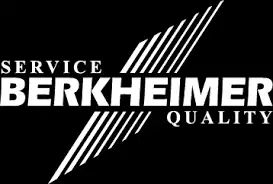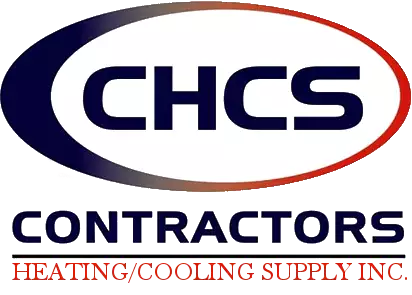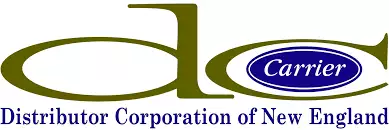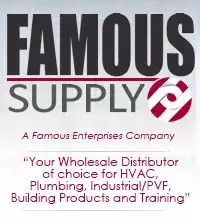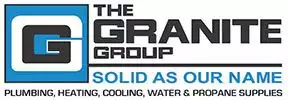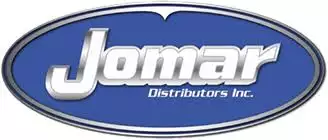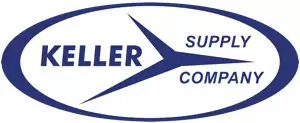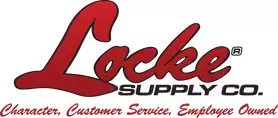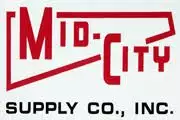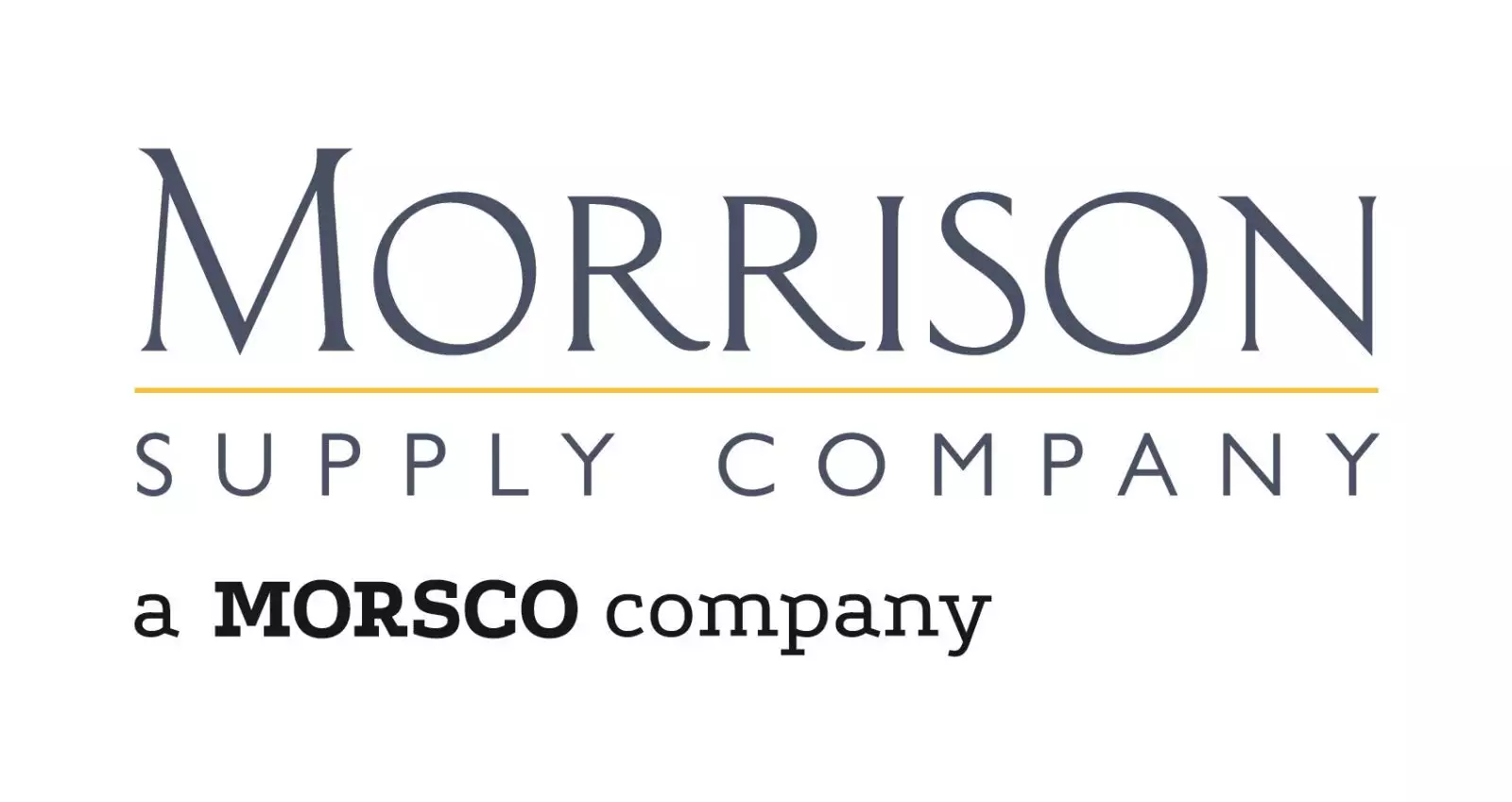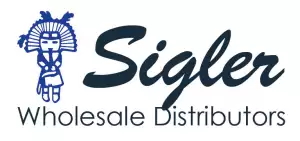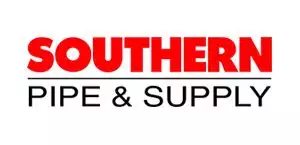5 Tips to Becoming a Profitable HVAC Service Technician
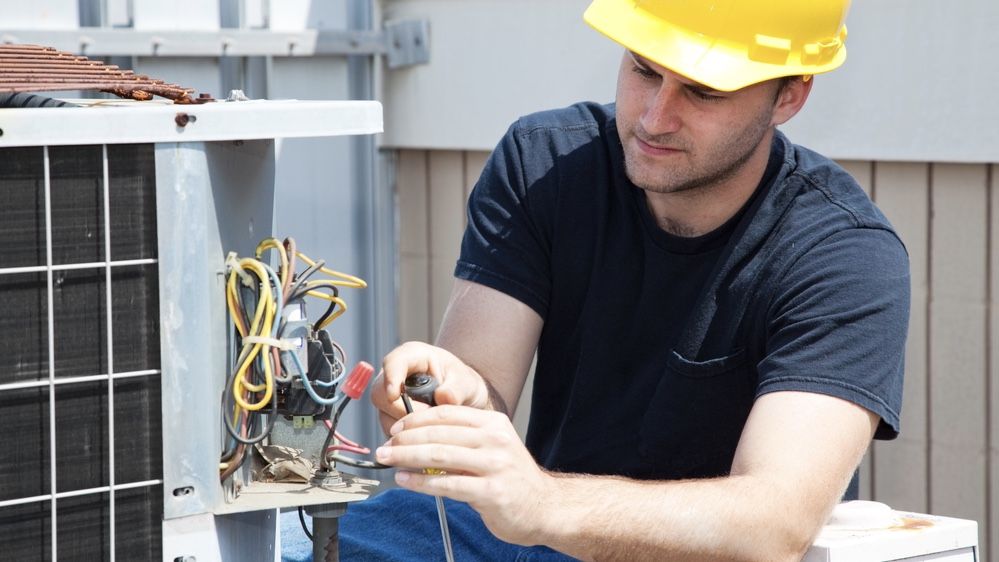 There are many knowledgeable HVAC Service Technicians out there who are profoundly good at their jobs but fail to make solid profits for their company. As we all know, the best way to increase your paycheck is to increase your company's profit. Most HVAC technicians just aren't focused on the business aspect while performing their duties on a service call. Unfortunately, simply solving your customers problems and making the required repairs will not translate to maximized profit margins. It is important for technicians to enter every service call with strategic planning.
There are many knowledgeable HVAC Service Technicians out there who are profoundly good at their jobs but fail to make solid profits for their company. As we all know, the best way to increase your paycheck is to increase your company's profit. Most HVAC technicians just aren't focused on the business aspect while performing their duties on a service call. Unfortunately, simply solving your customers problems and making the required repairs will not translate to maximized profit margins. It is important for technicians to enter every service call with strategic planning.
1.) Communicate with your HVAC customers
Upon entering each HVAC service call, speak to the customer and make notes of his or her concerns, issues and expectations. Be thorough with your questions and answers and try to appease the customers wants and needs. Assessing the customers needs and providing input can lead to additional work beyond the initial service call.
Inspect the equipment prior to starting your troubleshooting making note of any issues observed upon your arrival. Inform the customer of any issues found and make recommendations to resolve these issues. By making proactive repairs, repeated call backs are reduced and profits are increased.
2.) Go above and beyond simply troubleshooting each HVAC system.
Finding issues and making the necessary repairs is great work but often times there are additional minor issues which could use attention. Being proactive with these issues will not only increase your job profit but it will also leave your HVAC customers with more efficient and reliable systems. Finding these issues, making recommendations and getting it done is where profits are made on each and every HVAC job.
3.) Accurately log and bill your time on every HVAC service call.
Incorrectly billing your labor time can result in huge profit loss for every HVAC contractor. Many technicians have developed relationships with customers. This can lead to sympathetic rounding or cutting labor hours down. While an individual circumstance may seem like small money, over the course of time this can lead to large losses in profit. Be sure to account for every minute spent on every service call. If customers have an issue with you billable hours, simply refer them to your supervisor or office staff.
4.) Purchase heating and cooling parts at the closest HVAC supplier to your job.
Every HVAC technician has a favorite HVAC supplier, however it's not always practical to go there for HVAC parts and supplies. Countless hours can be wasted driving to and from supply houses when closer options are available. Using a site like Supplynearme.com can save valuable time and money by locating the closest HVAC suppliers to your current job/location. In just 3 simple steps, HVAC technicians can quickly locate the closest HVAC supplier, view supplier information and get directions.
STEP 1.....Enter your HVAC job location
STEP 2.....Click on a nearby HVAC Supplier within the search results. Upon clicking your preferred HVAC supplier an option to get directions will appear in the map. Technicians also have the option of clicking "more info" in order to learn more about each of the HVAC suppliers in their area.
STEP 3.....Click on Get Directions and you will be provided step by step directions via Google Maps.
5.) Write descriptive work slips.
HVAC technicians have a wide variety of skills. Unfortunately, often times, paperwork is not one of them. In order for a service call to be billed correctly and efficiently it is important that work slips contain detailed descriptions which can be interpreted by both the customer and your company's billing department. This should include what work was performed as well as which heating and cooling parts were used for repairs to the HVAC system. Additional information such as the HVAC equipment's Make, Model and Serial Number should also be recorded. Be sure to include any recommended actions for issues found during the service call. Detailed work slips can also make the next service call more profitable by creating a log history on each unit/account.
